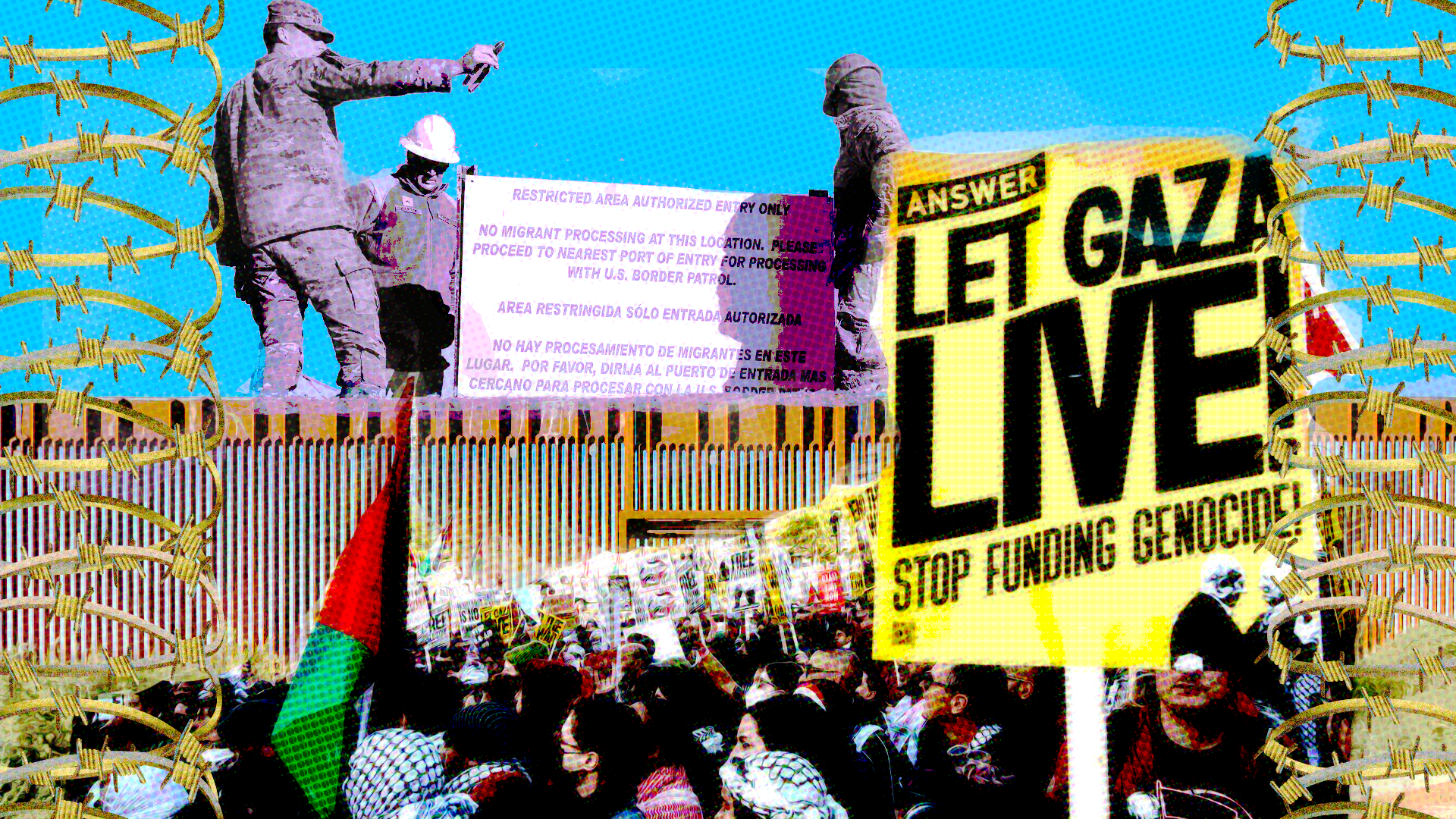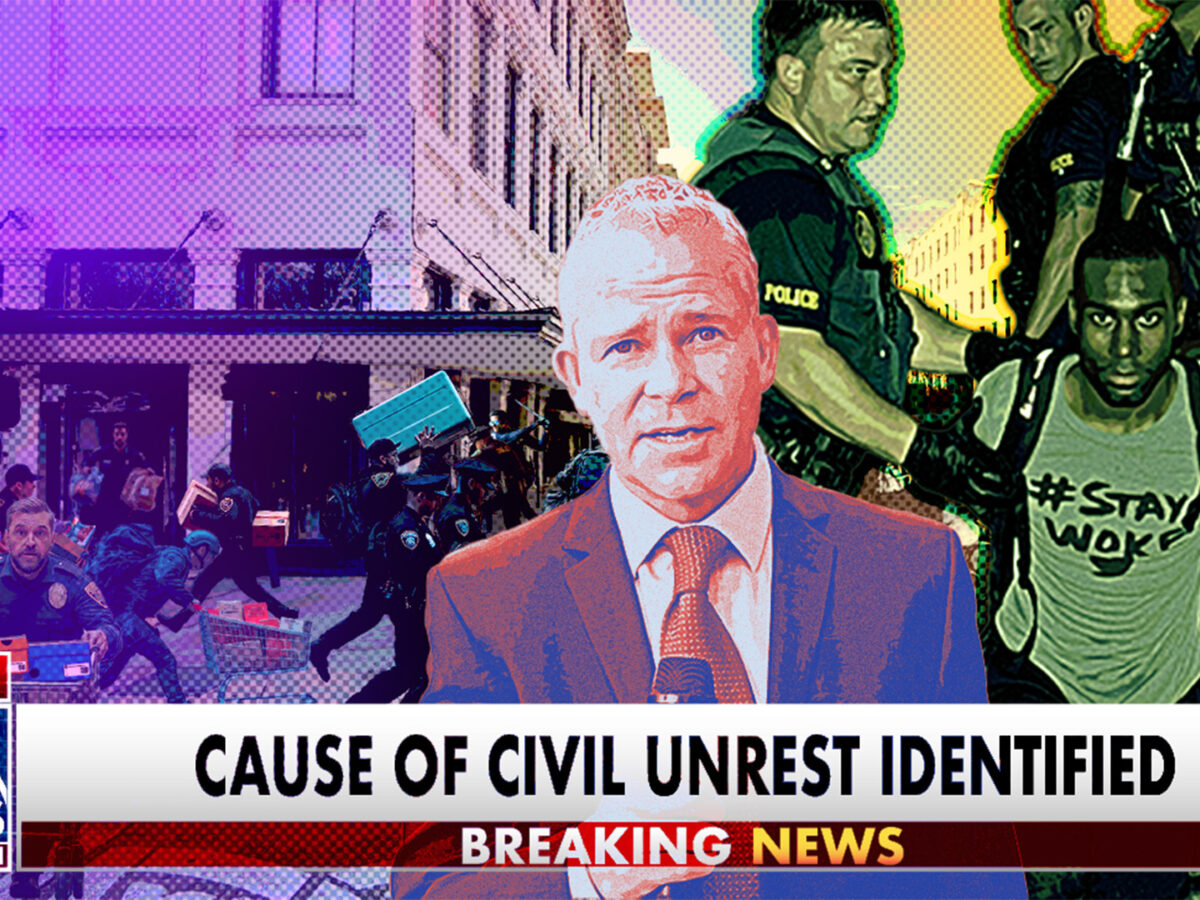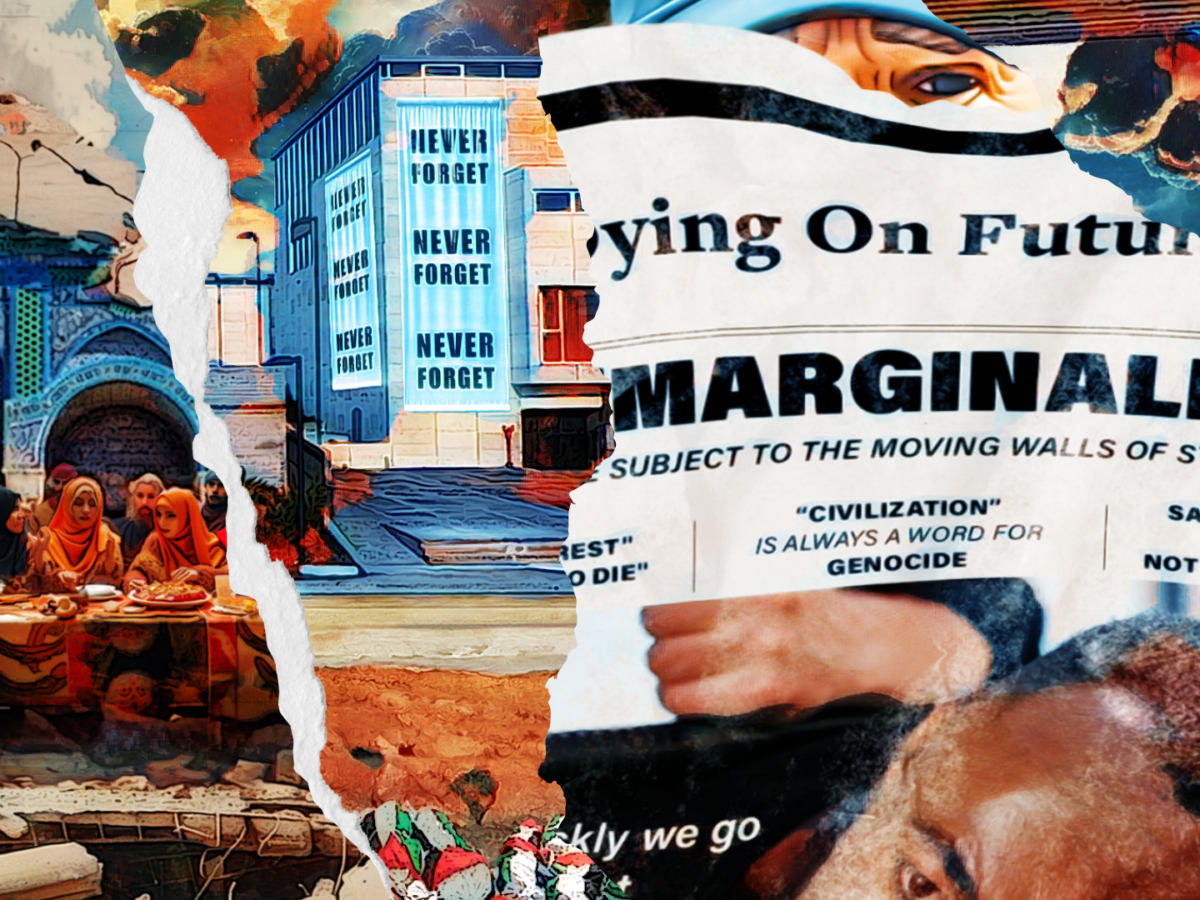This As the South Votes contribution comes to us from an undocumented Texas-based aspiring journalist.
I cried when I first learned about Texas' draconian Senate Bill. I felt a little ridiculous crying in my dorm to an infographic about a law that had not yet passed.
My tears weren't out of the fear I harbored of being stopped by police in the middle of the street and being deported. Rather—at 5 p.m. on a Tuesday, two hours before I had a Students for Justice in Palestine meeting—my tears marked my becoming startlingly, painfully, and completely aware of the immense pressure of living in a country with borders that seem poised to vomit you up.
Senate Bill 4 (SB 4), which passed into law and then went into effect on March 19, 2024, permits Texas law enforcement agencies to detain any person suspected of having illegally crossed the border. The bill was sitting in legal limbo as the Fifth Circuit Court continued to adjudicate on the constitutionality of the law after legal organizations, including the American Civil Liberties Union (ACLU), the Las Americas Immigrant Advocacy Center, and the Department of Justice, sued Texas over the bill.
SB 4 fits in well with over 100 pieces of legislation Texas has introduced in recent years—all of which the ACLU characterizes as "anti-immigrant." For example, House Bill 11, introduced in 2015, would have allocated "hundreds of millions of dollars to… surveil border communities" if passed. Biden's reinstatement of Title 42, which limits migrants' abilities to petition for asylum before being deported, will further reduce paths to legal status.
Mckesson v. Doe, Southern Dissent, and Protest Repression
When peaceful protesters are deliberately mischaracterized as violent, support for increased use of force from law enforcement and more restrictive legislation increases. And as history has shown, when grand moments of social progress take place, particularly in the South, the powers that be often push back with even grander levels of suppression.
These policies collectively create an even more hostile environment for undocumented individuals, increasing their ever-present risk of deportation. This increased risk translates to the self-policing of undocumented people. We must consider that if we participate in a protest or escalated action (such as encampments), being arrested may likely lead to being deported. The possibility of deportation takes on added consideration when your identities—for example, being queer—might lead you to face hostility and persecution in your country of birth. Additionally, many undocumented students, specifically, immigrated at a very young age and know little about their home countries. For the undocumented students I know, the idea of being deported to an unfamiliar place is a frightening possibility.
As an undocumented, queer woman, I have made those mental considerations and experienced the rage, frustration, and sadness that come with them.
I have had years to acclimate to the helpless rage that comes with my legal status. But as we approach this election, among the fear and worry, there is something new. Lately, I wonder about the almost sliver of relief that I would not have to make the sacrifices that my soul would have compelled me to make. This minute—and possibly misplaced—sense of relief comes from my knowing that, despite having lived in the United States my entire life, as an undocumented person, I will not have to choose at the ballot box. My immigration status eliminates my having to choose between Trump, who threw out DACA and is hellbent on deporting people like me, and Kamala, a lukewarm "democrat" aiding and abetting genocide who claims to support Dreamers.
For the undocumented students I know, the idea of being deported to an unfamiliar place is a frightening possibility.
I know that the imagined sense of relief is likely a momentary experiment in coping with living in the heart of the empire and feeling powerless during a genocide. Yet, over the last few weeks, this bit of peace has been disrupted by thoughts about the threat of deportation, specifically as it concerns international students—compared to whom I have even fewer rights—who engage in the kind of on-campus organizing I do. I know it is in part fearmongering, and in all my organizing efforts, I have tried to avoid escalated actions that could get me arrested, but I still lie to my worried mother when she asks me if I am part of my college's Students for Justice in Palestine (SJP) chapter.
I know that other marginalized groups are facing similar struggles—such as the trans individuals arrested at protests who potentially have to be jailed with the gender they don't identify with. It is another reminder that our society relies heavily on the oppressed to advocate for the even more oppressed. This side of reality is bleak. Bleaker still is the reality transmitted to us through our cell phones and friends and colleagues.
The week I cried about Senate Bill 4, I cried again while watching one of the countless videos of a lifeless boy and his mother in Palestine. I forced myself to watch it. To witness.
As Sarah Aziza writes for Jewish Currents, "Our work as witnesses is to be marked; we should not leave it unscathed. We must make an effort to stay with what we see, allowing ourselves to be cut. Into this wound, imagination may pour." I let the videos that Palestinian journalists, many of whom are my age and are dying to bring accurate reporting of the genocide to the Western world, cut me open, and into the wound, the imagination that pours begets solidarity.
READ MORE:
Love Letter From A Poet Under Empire
On our best days, we dream and wake up to new possibilities. On our worst days, together, we can endure. This is what the South reminds me.
I am aware that my body, unwanted as it is and illegal as it is, is still warm. Alive. Healthy. Whole. It is not crushed beneath a tank, blown apart in a hospital, or amputated and operated on without anesthesia. It is unlike the hundreds of bodies that will be lifeless by the time I finish pressing the keys on my laptop.
Reconciling that truth with the idea that my body is useful feels deeply grotesque.
It should feel deeply grotesque.
At the same time, however, there is gratitude, even though the manufactured hell in Gaza is most definitely not a lesson in gratitude.
My gratitude comes not at the expense of Palestinians but for my agency in the work I can do in the struggle for Palestinian liberation. Solidarity is our agency. Solidarity is shedding tears not only for myself but also for others and then showing up for them. This is not to suggest any comparison of struggles. Solidarity is not to pretend that one struggle can stand in for another but to recognize that it draws its strength from those committed to shared struggle, despite our various subjective experiences of the same imperial oppression. Solidarity is understanding that beyond its horror, witnessing the marginalized advocating for the even more marginalized through a collective struggle can fill the soul with exhilarating hope.
Solidarity is understanding that beyond its horror, witnessing the marginalized advocating for the even more marginalized through a collective struggle can fill the soul with exhilarating hope.
It is important to not reduce the Palestinian cause to just a lesson in the feeling of solidarity but to take advantage of the way it fuels the dedication and focus necessary to build this movement. Solidarity's power is why the state tries, through its many repressive tactics, to limit collective strategies. Still, the incentive to organize for Palestine is not a reciprocal one. Palestine is bringing us together, yes, but everyone I know is organizing for Palestine because it is what is right.
I must also acknowledge that it is difficult to preach to oppressed people what decisions they should make when concerned with their safety. But, if we did not know before, these past months have shown us, as Aziza writes, "Palestine is also a portal torn in time. Through it, we glimpse a future that is ours to resist or accept." In other words, what I, among many others, know firsthand is that the empire keeps its boots on the necks of those inside and outside it. For that reason, solidarity is also not to cease a movement's momentum for the sake of safety. I am at peace with being a martyr, but solidarity does not mean rushing to be one. Solidarity means showing up, but it also means clarifying and delegating risk and supporting our comrades accordingly.
As Fargo Nissim Tbahki writes for Protean: "Someone falls; we pick them up. We fall; we are lifted by others. We must continue."



